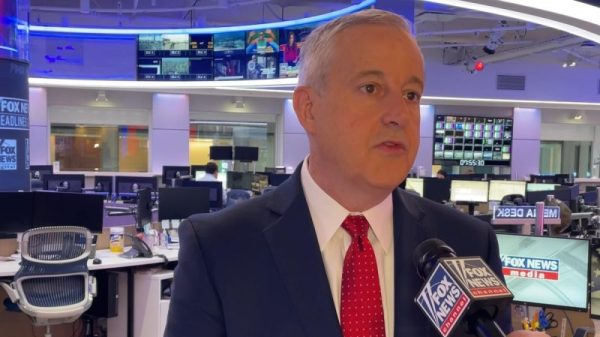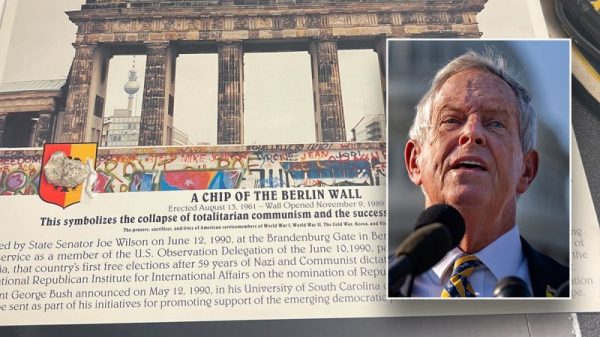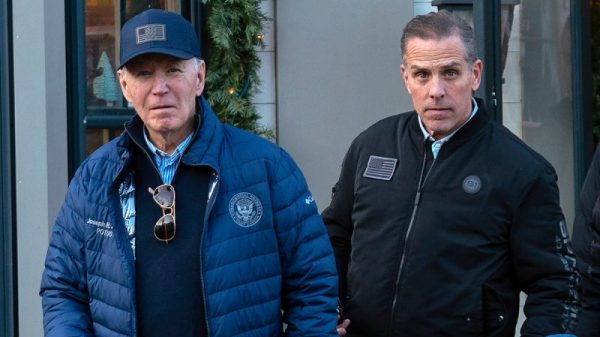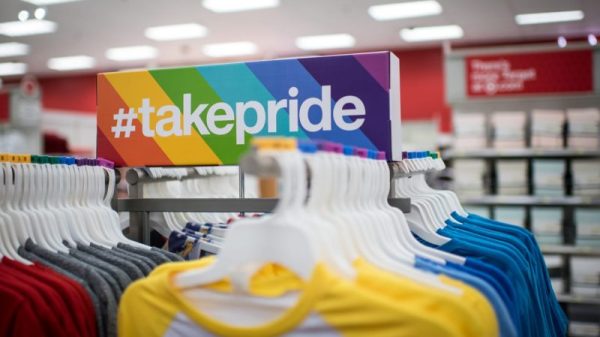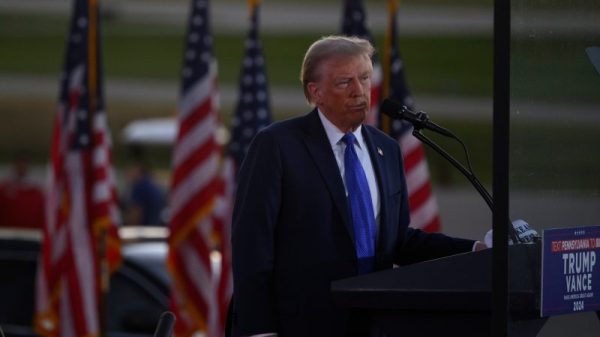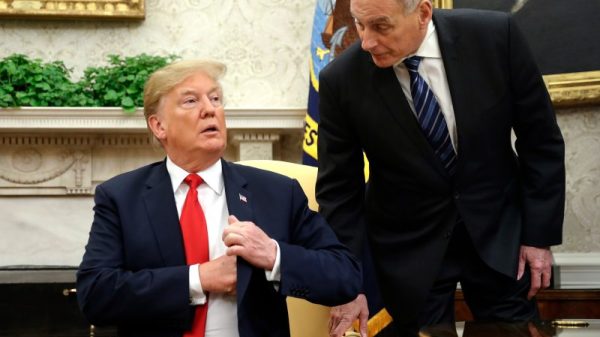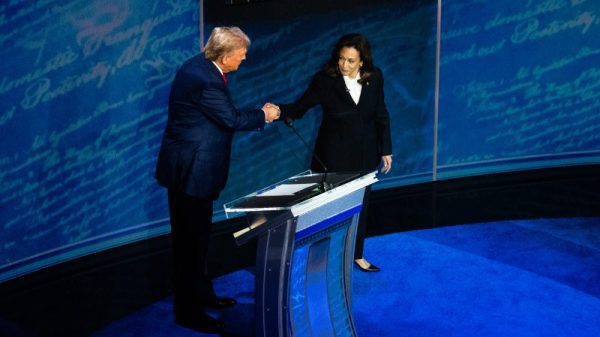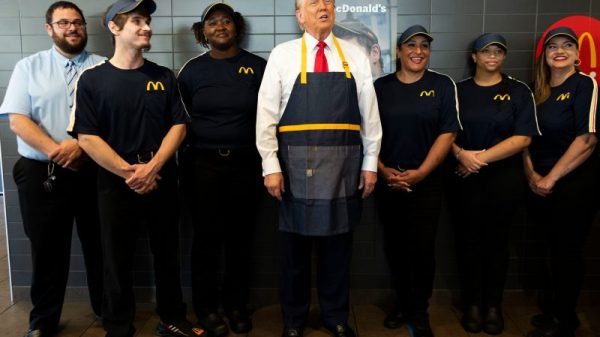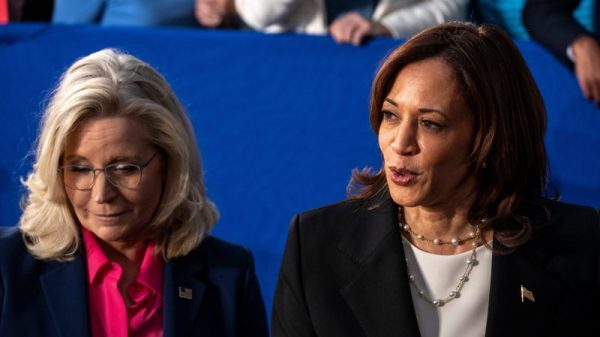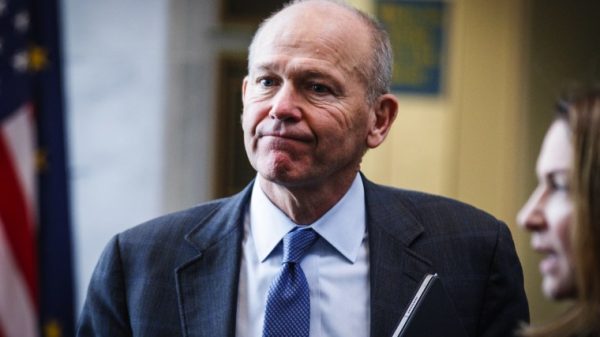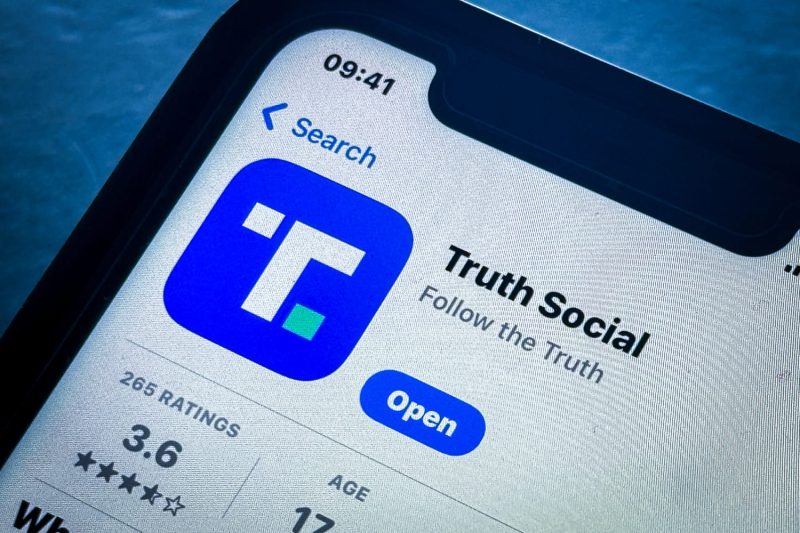 News of the potential imposition of tariffs by former President Trump had prompted many U.S. companies to begin a search for experienced lobbyists to aid in influencing policy decisions, as well as trying to identify potential loopholes that could be used to avoid these tariffs. This action suggested significant concern among businesses about the potential adverse effects of the proposed tariffs on their profitability and competitiveness.
News of the potential imposition of tariffs by former President Trump had prompted many U.S. companies to begin a search for experienced lobbyists to aid in influencing policy decisions, as well as trying to identify potential loopholes that could be used to avoid these tariffs. This action suggested significant concern among businesses about the potential adverse effects of the proposed tariffs on their profitability and competitiveness.
The lobbyists that these companies sought likely have deep knowledge about trade policies and connections within Washington D.C. They use their expertise and relationships to argue the case of businesses to lawmakers and try to sway decisions in favor of their clients.
Familiarity with the complexities of tax and trade laws could also enable experienced advisors to identify potential tariff loopholes. In this scenario, a loophole is a provision that stipulates exceptions within laws. If a business can satisfy these exceptions, they might be able to avoid paying certain tariffs. However, the use of such loopholes often comes under scrutiny as it can be seen as bypassing the intents of these trade policies.
While looking for lobbyists and loopholes can help companies in the short term, the best solution for businesses is to adapt to the policy changes and strategize on how to minimize impact through shifts like supply chain adjustments or cost structure realignments.





